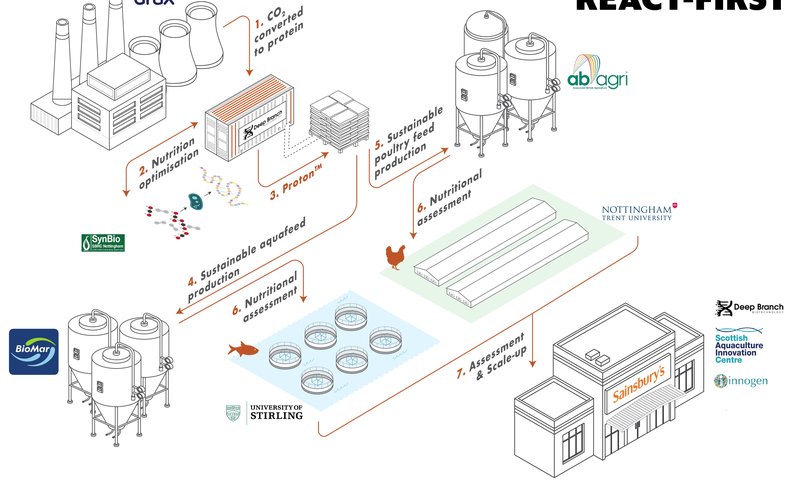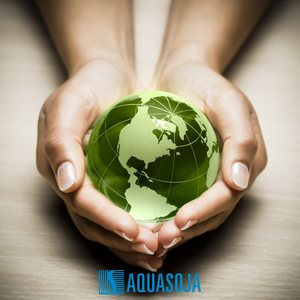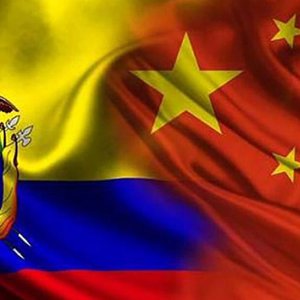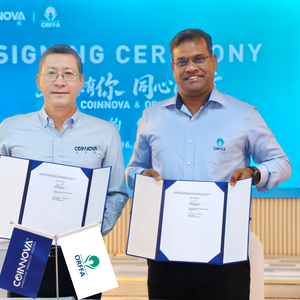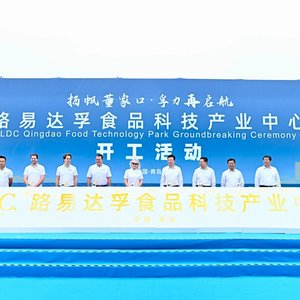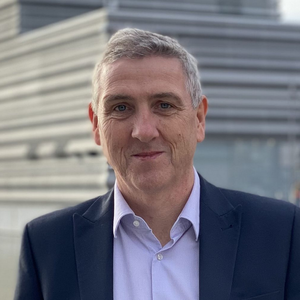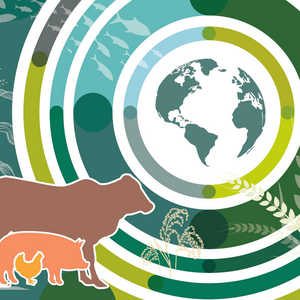A new UK carbon recycling project, REACT-FIRST, will obtain critical data about new single-cell protein used in fish and poultry feed that is set to sustainably transform the UK’s aquaculture and poultry industries. REACT-FIRST is the UK’s first-ever scalable route to the sustainable generation of protein capturing the carbon dioxide from bio-energy generation.
The project is led by carbon recycling biotechnology company Deep Branch, which has pioneered a process that uses microbes to convert carbon dioxide from industrial emissions and turns them into high-value proteins, specifically a totally novel single-cell protein called ProtonTM. “This is used in fish and poultry feed and represents a new way of generating more sustainable animal feeds,” said Peter Rowe, CEO of Deep Branch.
“REACT-FIRST will obtain critical data about cost, digestibility, nutritional quality and carbon footprint of ProtonTM. Each of the project’s partners is playing an active role in the development of the process and generation of this critical data, harnessing their involvement and shared knowledge in the field of carbon emissions, the production supply chain, and ground-breaking biotechnology and technology, to create sustainable protein feed sources that will contribute to reducing the environmental impact of meat production systems,” said Rowe.
The project launches with an end-to-end value-chain-wide consortium of ten industry and academic partners, which all share a commitment to tackling the global climate crisis and the goal of achieving neutral/negative carbon emissions. The members of the REACT-FIRST consortium are BioMar, Deep Branch, Drax, AB Agri, Sainsbury’s, Scottish Aquaculture Innovation Centre (SAIC), Synthetic Biology Research Centre, University of Nottingham, the Institute of Aquaculture, University of Stirling, Nottingham Trent University and Innogen, University of Edinburgh.
Paddy Campbell, VP Salmon at BioMar Group, said that “aquaculture is expected to double production by 2050. However, to achieve this, we need feeds with minimal environmental impact. The REACT-FIRST project is the first step towards the commercial development of a new potentially game-changing protein source, ProtonTM, using new technology to capture waste CO2 and creating high-value sustainable protein suitable for the aquaculture industry. At BioMar, we are constantly seeking innovative raw materials that don’t compete with human food production and nutrients from byproducts that minimize waste. We are excited to be part of this project to see how ProtonTM will perform in aquaculture feed.”
“Projects like REACT-FIRST are key to help the industry move towards achieving net-zero emissions. Its solution uses the technology developed by Deep Branch, but while this has huge transformative potential, commercialization is not possible without cooperation with key stakeholders across the value chain. REACT-FIRST addresses this, with its consortium of industrial and academic organizations, and even though relationships within these verticals are well established, the project represents the first time that the resources and expertise of all parties have been unified towards a single goal,” concluded Rowe.
The project launches with financial support from the government in the form of £3M funding from Innovate UK and will contribute to meeting the UK’s Net Zero climate change commitment as well as to the circular economy.


